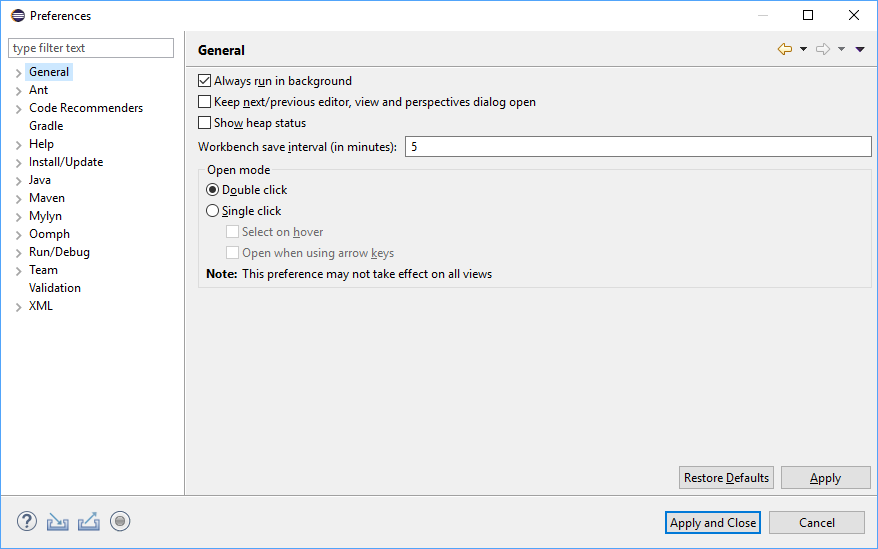Eclipse Generate Ssh Key 2048
The PuTTYgen program is part of PuTTY, an open source networking client for the Windows platform.

Generate Ssh Key Windows
I've asked the people who generated the first key to generate a 2048 bit key and to send it to me. If that works, I will be fairly certain that I've hit a bug somewhere in SSH. SSH 1024 bit keys vs. 2048 bit keys Never mind, it turned out to be a number of mis-steps on both sides that looked like the problem was the keys. Generating 2048-bit RSA keys. This document describes how I generate 2048-bit RSA keys. Here is the log to generate signature key and encryption subkey. I invoke GnuPG with -gen-key option. That would be a rather fundamental bug. Unlikely that you would suddenly find such a serious bug in a product as old as SSH. I use 2048 bit keys between OpenVMS systems, but 1024 keys between OpenVMS and Windows systems because Windows didn't seem to understand 2048 bit keys. (I also recall it was a fiddle to get the format of the key exactly right).
Eclipse Generate Ssh Key 2048 Software
Eclipse Generate Ssh Key 2048 X
- Download and install PuTTY or PuTTYgen.
To download PuTTY or PuTTYgen, go to http://www.putty.org/ and click the You can download PuTTY here link.
- Run the PuTTYgen program.
- Set the Type of key to generate option to SSH-2 RSA.
- In the Number of bits in a generated key box, enter 2048.
- Click Generate to generate a public/private key pair.
As the key is being generated, move the mouse around the blank area as directed.
- (Optional) Enter a passphrase for the private key in the Key passphrase box and reenter it in the Confirm passphrase box.
Note:
While a passphrase is not required, you should specify one as a security measure to protect the private key from unauthorized use. When you specify a passphrase, a user must enter the passphrase every time the private key is used.
- Click Save private key to save the private key to a file. To adhere to file-naming conventions, you should give the private key file an extension of
.ppk(PuTTY private key).Note:
The.ppkfile extension indicates that the private key is in PuTTY's proprietary format. You must use a key of this format when using PuTTY as your SSH client. It cannot be used with other SSH client tools. Refer to the PuTTY documentation to convert a private key in this format to a different format. - Select all of the characters in the Public key for pasting into OpenSSH authorized_keys file box.
Make sure you select all the characters, not just the ones you can see in the narrow window. If a scroll bar is next to the characters, you aren't seeing all the characters.
- Right-click somewhere in the selected text and select Copy from the menu.
- Open a text editor and paste the characters, just as you copied them. Start at the first character in the text editor, and do not insert any line breaks.
- Save the text file in the same folder where you saved the private key, using the
.pubextension to indicate that the file contains a public key. - If you or others are going to use an SSH client that requires the OpenSSH format for private keys (such as the
sshutility on Linux), export the private key:- On the Conversions menu, choose Export OpenSSH key.
- Save the private key in OpenSSH format in the same folder where you saved the private key in
.ppkformat, using an extension such as.opensshto indicate the file's content.